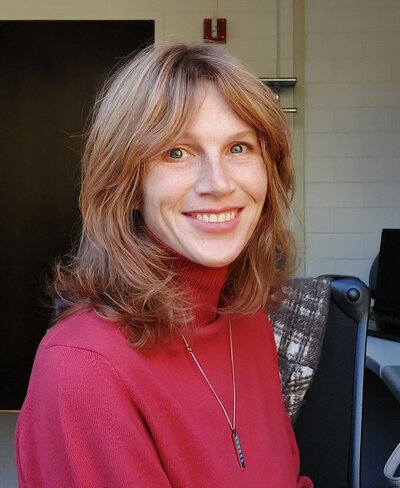
The IGI Series on Global Responsibilities brings multidisciplinary and global perspectives to major contemporary questions. This year’s spotlight on the global impacts of the Russian invasion of Ukraine explores questions that range from refugee experiences, regional impacts in Eastern Europe and Eurasia, and implications of the war from areas such as global food security to its effects upon families.
Women & Gender in Global Perspectives Program
Title: The Global Impacts of the War in Ukraine: Family and War
Date: January 25
Time: 12:00 pm
Location: 306 Coble Hall and Zoom (Register at https://go.illinois.edu/KoptevaTalk)
Lunch will be provided for in-person attendees with registration
Speaker: Elena Kopteva, Visiting Research Scientist in Physics at University of Illinois at Urbana-Champaign and Illinois Scholar at Risk

Speaker: Dr Elena Kopteva was born in Ukraine and spent part of her childhood in Siberia, Russia before returning to study in Ukraine for university. When war broke out, she fled with her husband and children first to Poland and then the Czech Republic before arriving in the United States. Dr.Kopteva will discuss the profound--and in many ways devastating--impact of the war on her family both immediate and extended.
This talk is part of the Illinois Global Institute Speaker Series "The Global Impacts of the War in Ukraine.
Co-sponsored by: Department of Physics; Center for Africa Studies; Center for East Asian and Pacific Studies; Center for Global Studies; Center for Latin American and Caribbean Studies; European Union Center; The Lemann Center for Brazilian Studies; Program in Arms Control and Domestic and International Security; and the Russian, East European, and Eurasian Center.
European Union Center
Title: Holding Putin Accountable for "Crimes Against Peace"
Date: March 8
Time: 12:00 pm
Zoom Link: https://illinois.zoom.us/webinar/register/WN_QdZqsZhkSKiJhDahgOSKqw
Speaker: Francine Hirsch, Vilas Distinguished Achievement Professor of History, University of Wisconsin, Madison
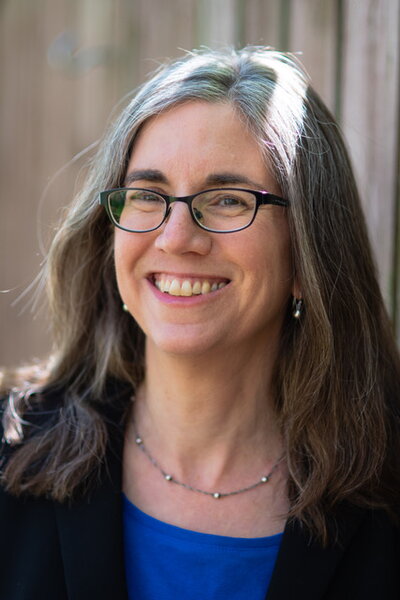
Speaker: Francine Hirsch is Vilas Distinguished Achievement Professor of History at the University of Wisconsin-Madison, where she teaches courses on Russian and Soviet history, postwar Europe, and the history of human rights. Her first book, Empire of Nations: Ethnographic Knowledge and the Making of the Soviet Union (Cornell, 2005), received several awards, including the Wayne S. Vucinich Prize of the Association for Slavic, East European, and Eurasian Studies. Her second book, Soviet Judgment at Nuremberg: A New History of the International Military Tribunal after World War Two (Oxford, 2020), won four book prizes including the George Louis Beer Prize of the American Historical Association. Hirsch has published in a number of venues including the New Republic, Time, the LA Times, and The Washington Post. Hirsch has launched a new book project on the long history of Russian-American entanglement, tentatively titled Enemies, A Love Story.
Abstract: As Russia continues to wage a predatory war against Ukraine, international lawyers and world leaders have been drafting proposals for a “special international tribunal” to try Putin for waging an illegal war of aggression—committing crimes against peace. What are crimes against peace? Why will it be critical to hold Putin and other Russian leaders accountable for waging an illegal war? Why is it important to talk about postwar justice now? How can the history of war crimes trials help us to think about and plan for the future?
Center for Latin American and Caribbean Studies
Title: Lights and Shadows of War in the Ukraine: Economic and Social Effects on Latin America and the Caribbean
Date: March 24
Time: 3:00 pm
Place: TBD
Speaker: José E. Durán Lima, Economic Affairs Officer and a Chief of International trade and Regional Integration Unit at the Division of International Trade and Integration of the United Nations Economic Commission for Latin America and the Caribbean (ECLAC)
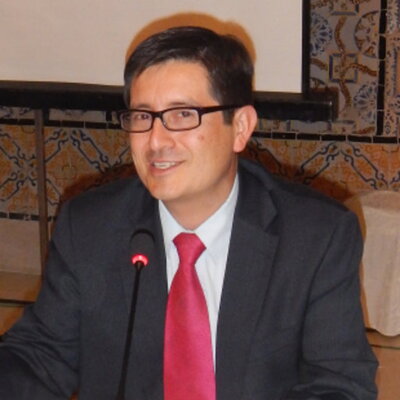
Speaker: José E. Durán Lima is an economist and holds a Ph.D. in Economics from the University of Barcelona. He has more than 25 years’ experience as a researcher and consultant and has a particular interest in areas of research such as Regional Integration, Vertical Specialization, Export Promotions, International Trade, Asia Pacific, and General Equilibrium Models.
He has several published papers and has contributed several chapters of several ECLAC flagship publications: Foreign Investment in Latin American and the Caribbean and International Trade Outlook for Latin America and the Caribbean, among others. He is also a co-editor of several reference documents relating to trade policies in Latin America and the Caribbean including South American IO Matrix: main assumptions and methodology; The Pacific Alliance and its Economic Impact on Regional Trade and Investment: Evaluation and Perspectives and Latin America in global value chains.
Center for Global Studies
Title: Ukrainian Refugees in Poland and the Response of the Polish and Ukrainian Immigrant Population to the Refugee Crisis
Date: March 28
Time: 12:00 pm
Speaker: Monika Stodolska, Brightbill/Sapora Professor, Department of Recreation, Sport and Tourism, University of Illinois
Place: International and Area Studies Library, room 309 and
by Zoom
Click here for more information.
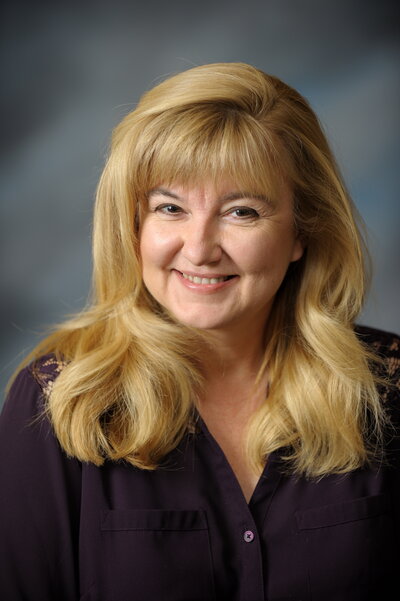
Speaker: Dr. Monika Stodolska is a Brightbill/Sapora Professor in the Department of Recreation, Sport and Tourism, University of Illinois. She received her Ph.D. in 1999 from the Department of Earth and Atmospheric Sciences, University of Alberta, Canada. Her research focuses on the roles of leisure, recreation, and sport in improving health and well-being among ethnic and racial groups and immigrants. Her studies explored the development of ethnic identities as well as cultural change and adaptation among immigrants. Dr. Stodolska’s research has been funded by the USDA Forest Service, Robert Wood Johnson Foundation, The National Research Foundation of Korea, and The National Recreation and Park Association. She has co-edited books on Race, Ethnicity and Leisure and two editions of Leisure Matters: The State and Future of Leisure Studies. Among other outlets, her research has also been published in Annals of Behavioral Medicine, Preventive Medicine, Social Science Quarterly, Journal of Immigrant and Refugee Studies, Journal of Leisure Research, and Leisure Sciences.
Abstract: The Russian invasion of Ukraine gave rise to a refugee crisis that is unprecedented in history. The scale and the speed of the migration made it one of the largest migration crises currently unfolding in the world and was declared a Level 3 (the highest) emergency by the UN Refugee Agency (UNHCR). The great majority of Ukrainian refugees (over 9,25 million as of 1/18/23) who crossed the Ukrainian border settled in Poland. Almost all of them were women and children. The talk will explore the findings of a study on the experiences of post-February 24th, 2022, Ukrainian refugees in Poland and the Polish and Ukrainian immigrant populations’ response to the refugee crisis. In particular, the talk will examine how the Ukrainian refugees adapt to life in Poland and how they cope with the trauma of war and resettlement. It will also investigate how the local volunteer networks were established in Poland and how they evolved in the days, weeks, and months following the beginning of the refugee crisis.
Center for South Asian and Middle Eastern Studies
Title: TBA
Date: April 4
Time: 4:00 pm
Place: Zoom link to come
Speaker: Margarita Balmaceda, Professor of Diplomacy and International Relations, Seton Hall University
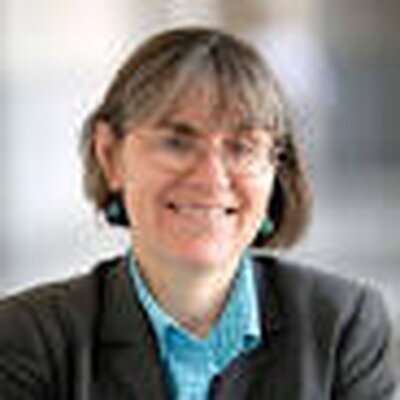
Speaker: Currently, Dr. Balmaceda is an Associate of the Davis Center for Russian and Eurasian Studies and of the Ukrainian Research Institute at Harvard University. A specialist on the comparative energy politics of the post-Soviet states, since 2000 she has been “following the pipeline” – i.e. following the complex web of interconnections that accompany the energy relationship between Russian oil and gas producers, post-Soviet transit states, and European consumers.
Russian, East European, and Eurasian Center
Title: Armenia's Pivot to the West: Collapse of the Russian-led Security Architecture in the South Caucasus
Date: April 6
Time: 4:00 pm
Location: 306 Coble Hall
Speaker: Nerses Kopalyan, associate professor-in-residence, political science, UNLV
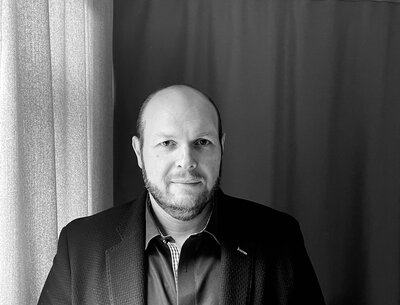
Speaker: Nerses Kopalyan is an associate professor-in-residence of political science at the UNLV. His fields of specialization include international relations, polarity and superpowers, political theory, and philosophy of science. He has conducted extensive research on analytic philosophy, feminist theory, and paradigm building. He is the co-author of Sex, Power, And Politics (Palgrave Macmillan, 2016). He is also the author of World Political Systems After Polarity (Routledge, 2017). His current research concentrates on geopolitical and great power relations in Eurasia and the role of democratic breakthroughs in authoritarian orbits. He has done extensive work on political developments in Armenia prior and subsequent to the Velvet Revolution and is currently coordinating a project on institutional reforms and democratic consolidation. He has authored several policy papers for the Government of Armenia and serves as an advisor to the Office of High Commissioner for Diaspora Affairs, Office of the Prime Minister.
Center for African Studies
Title: The impact of Russia-Ukraine Conflict on Food and Nutrition Security in Africa: A Call for a More Resilient African Food System
Date: April 12
Time: 12:00-1:30 pm
Location: Room 108 Coble Hall
Zoom Link: TBD
Speaker: Dr. John Ulimwengu, senior research fellow, International Food Policy Research Institute
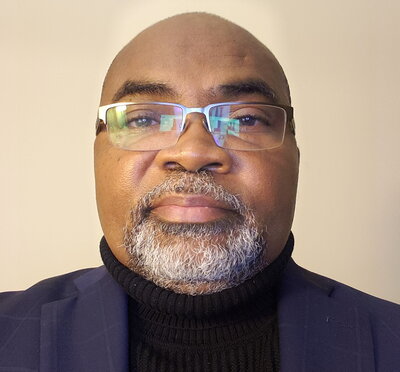
Speaker: Dr. John Ulimwengu is a senior research fellow at the International Food Policy Research Institute (https://www.ifpri.org/profile/john-ulimwengu). He holds a Ph.D. in Agricultural Economics from Ohio State University (USA), and Master in Development Economics from Williams College (USA). His research interests include resilience, food systems, poverty dynamics, and network analysis. Since 2007, Dr. Ulimwengu has been involved in strategic research on the transformation of agricultural sector in Africa under the Comprehensive Africa Agriculture Development Program (CAADP) agenda. In 2017-2021, he was the Africa-wide coordinator of the Regional Strategic Analysis and Knowledge Support System (ReSAKSS, www.resakss.org).
Abstract: In February 2022, war erupted between Russia and Ukraine.These two countries account for about 12 percent of the total calories traded in the world, raising serious concerns about the implications for global food security. Although it is too early to draw a conclusion on the capacity of the world to absorb these stressors and rebound, past trends, early macroeconomic impacts, and policy responses can provide a glimpse of possible impacts. As pointed out by Mme Sacko (the African Union Commissioner for Rural Economy and Agriculture) and Mr. Mayaki (the former CEO of AUDA-NEPAD), while Africa is still recovering from the socioeconomic repercussions of the COVID-19 pandemic, the Russia-Ukraine conflict poses another major threat to the global economy, with many African countries being directly affected. Wheat consumption in Africa is projected to reach 76.5 million tons by 2025, of which 48.3 million tons or 63.4 percent, is projected to be imported outside the Continent. Russia and Ukraine are major players in the export of wheat and sunflower to Africa. Thirty-two percent of total African wheat imports come from Russia and 12 percent from Ukraine. The presentation will present early impacts of the Russia-Ukraine conflict on food and nutrition security in Africa as well as a review of policy responses.